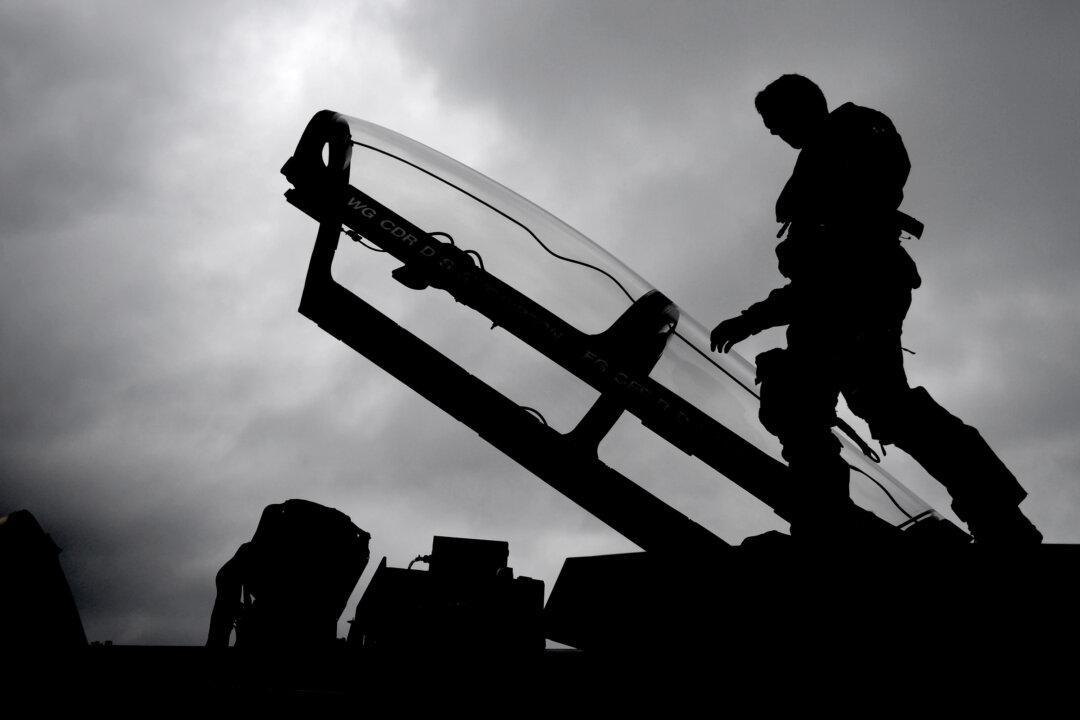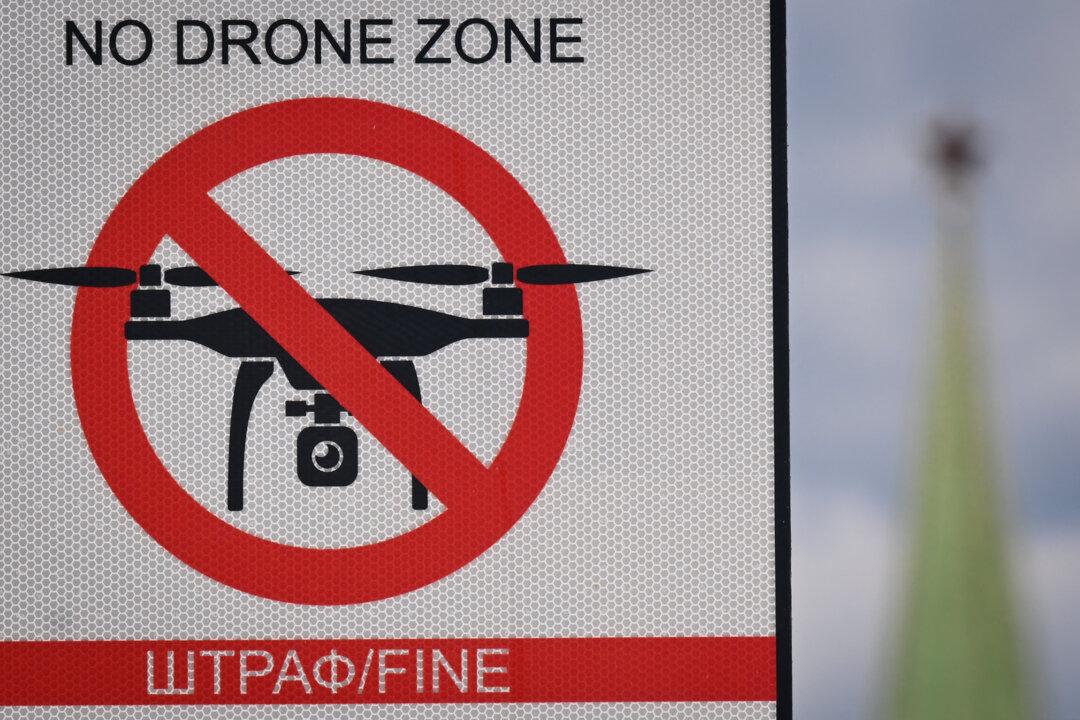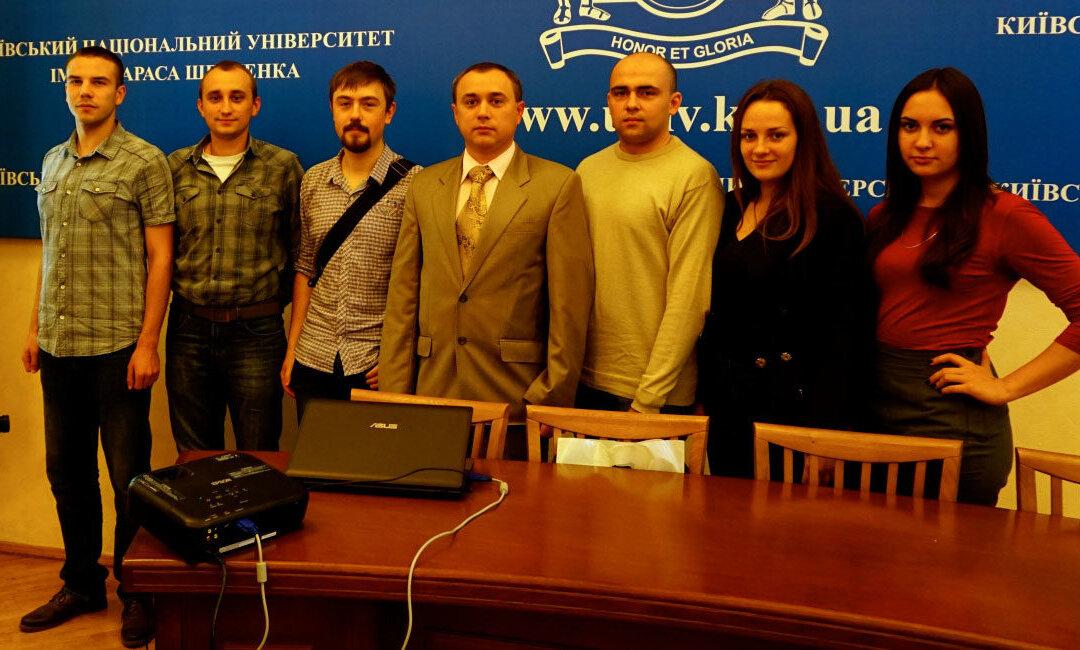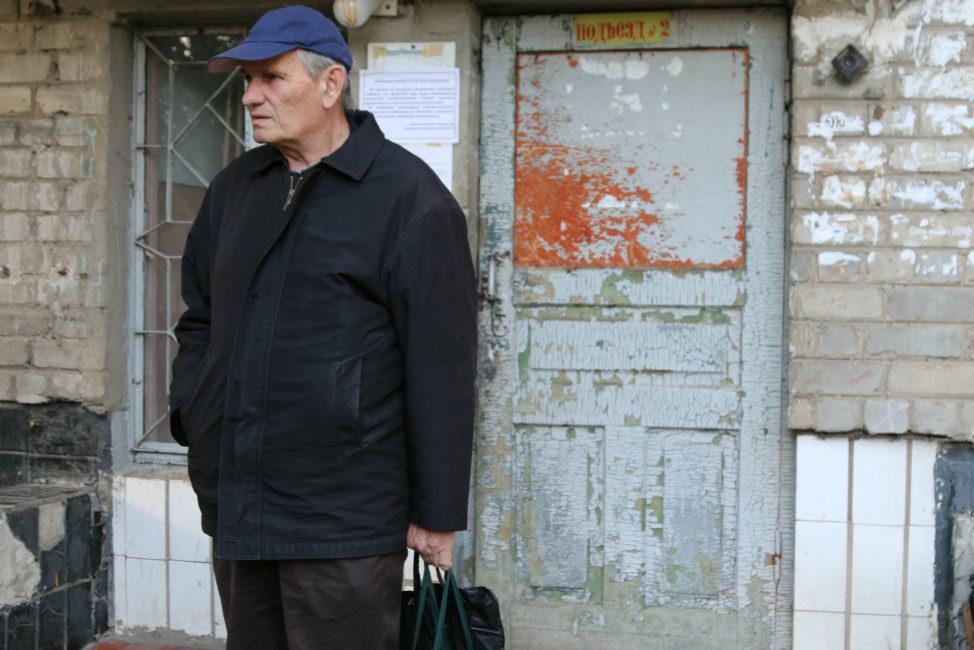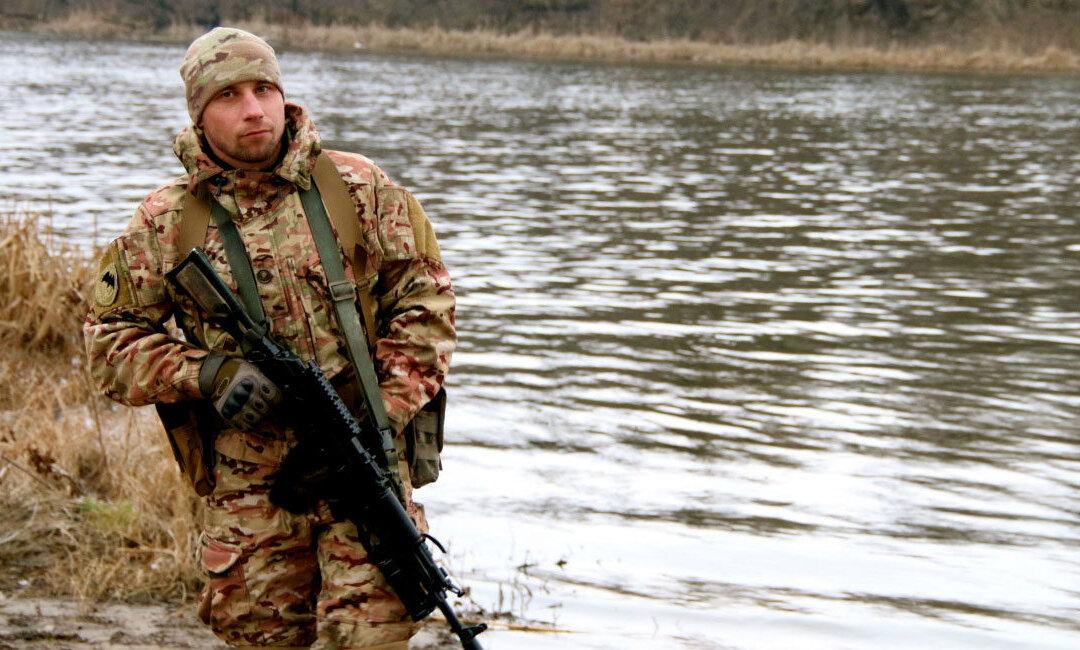Within hours of a contentious vote Wednesday night [Dec. 2] in the House of Commons authorizing military action in Syria, four British Tornado warplanes took off from an airbase in Cyprus to hammer an Islamic State-controlled oil field in eastern Syria with laser-guided bombs.
“By extending RAF [Royal Air Force] offensive operations into Syria, our aircraft are now able to help dismantle the means by which Daesh plan, direct, and sustain their campaign of terror,” the British Defense Ministry announced Thursday, using an alternative name for the Islamic State, also referred to as ISIS and ISIL.
The airstrikes mark an escalation of Britain’s involvement in the U.S.-led air war against ISIS. Previously, British airstrikes against the brutal Islamist terrorist group had been limited to Iraq.
